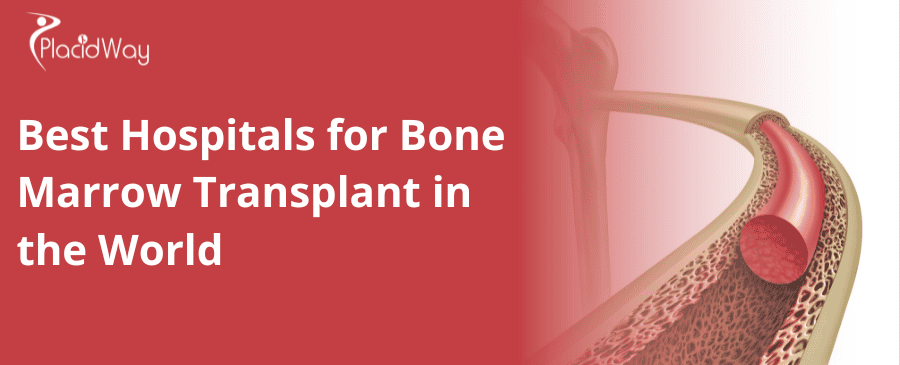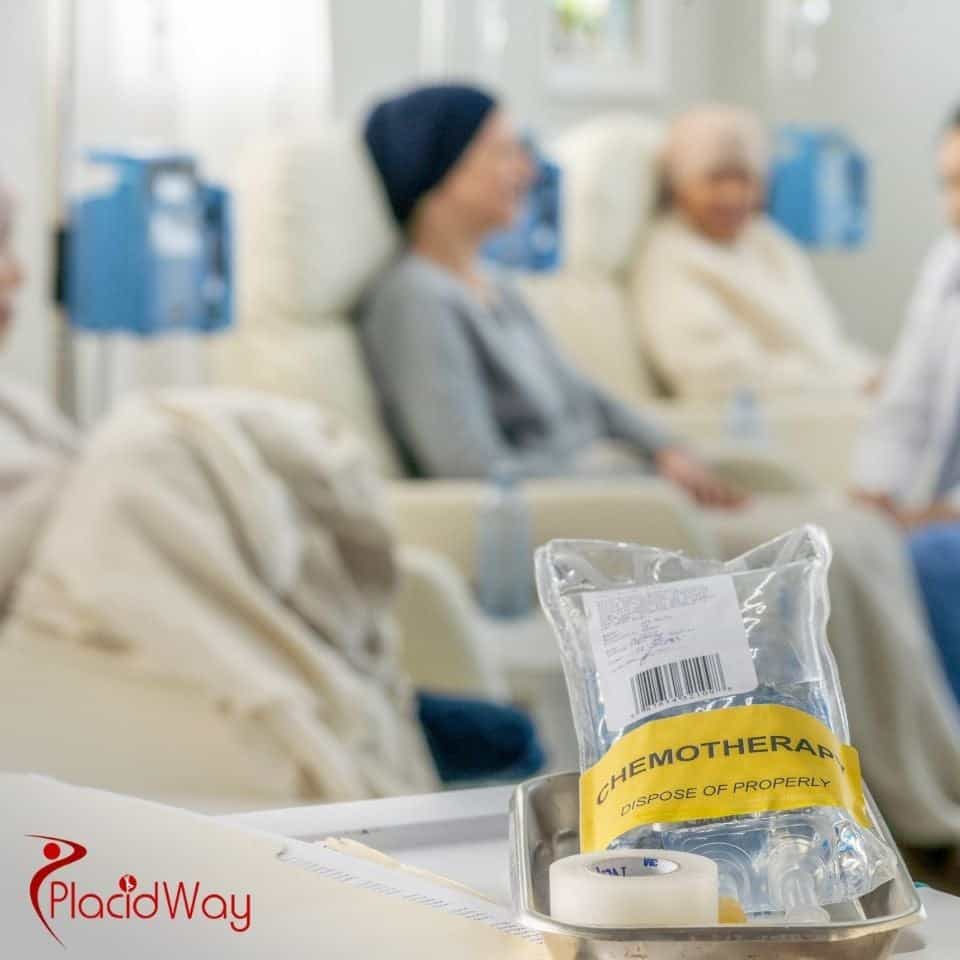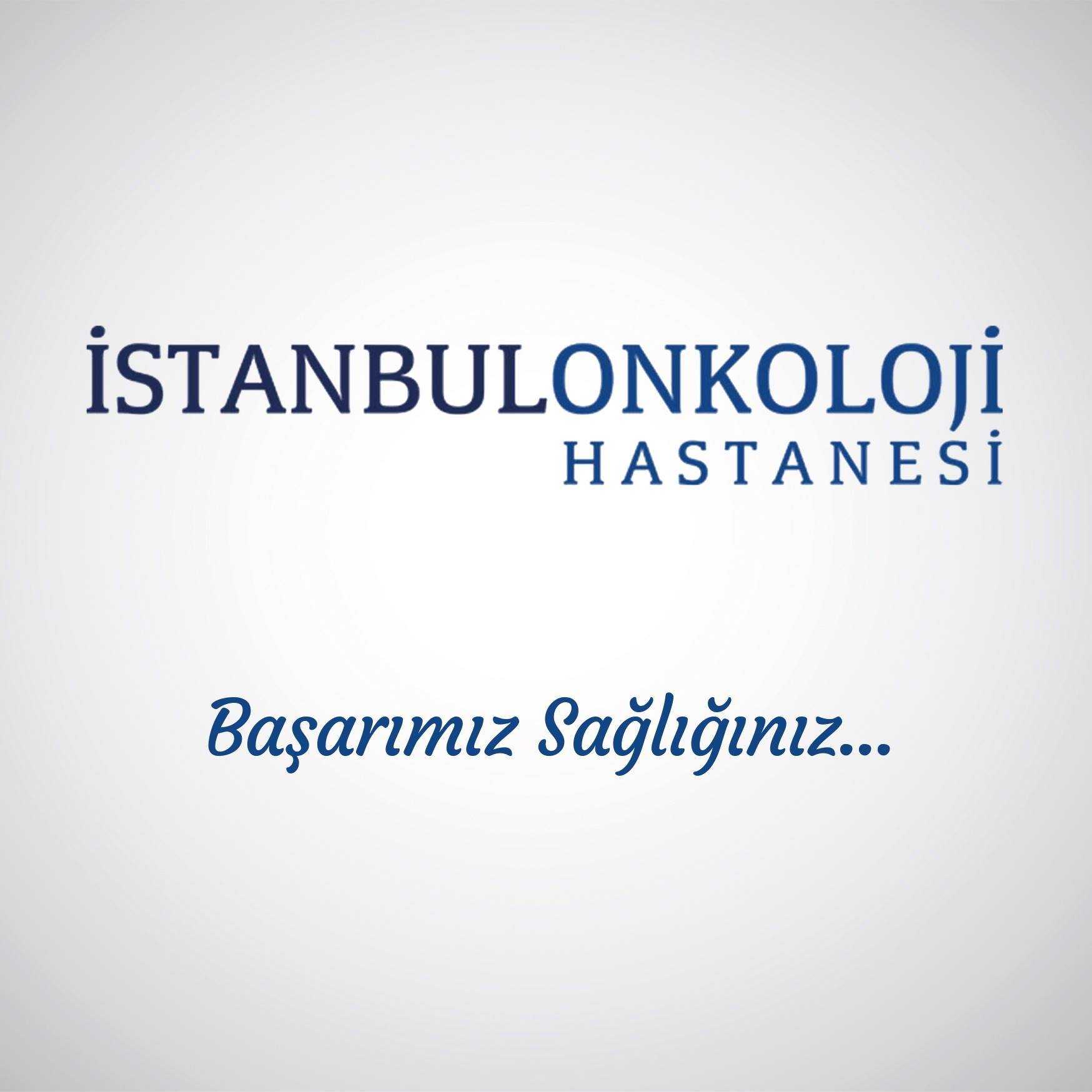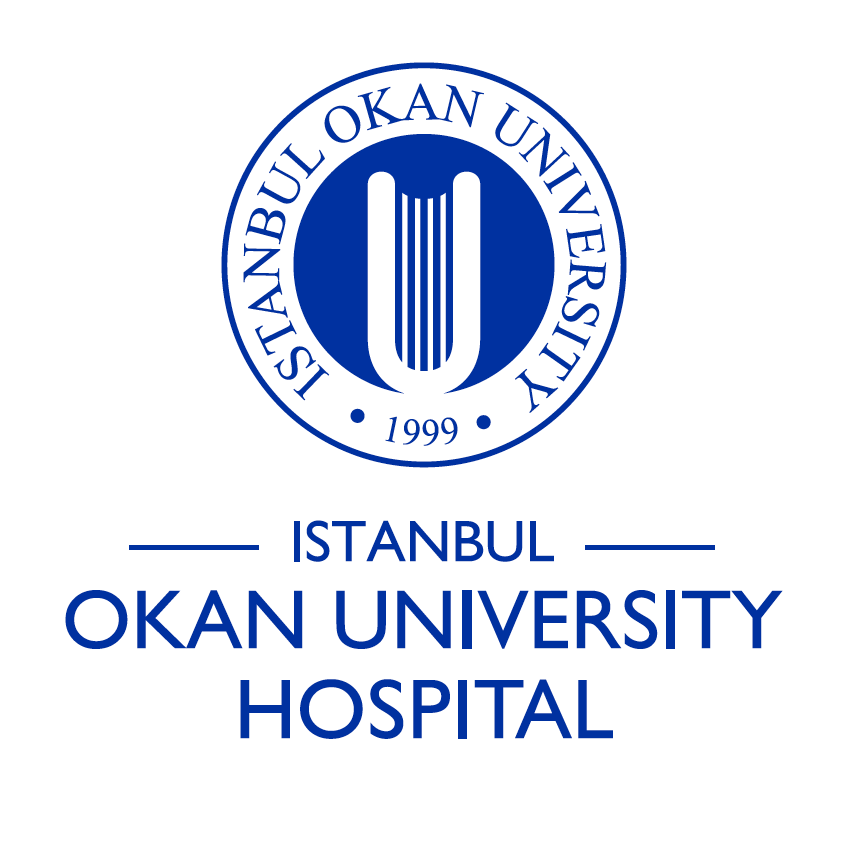
A Bone Marrow Transplant (BMT), also known as a Stem Cell Transplant, is one of the most intensive and life-saving procedures in modern medicine. It offers a potential cure for a range of blood cancers and bone marrow failure syndromes. The complexity and high cost of BMT have led patients and their families to seek out the world's leading medical centers, which combine cutting-edge technology with extensive experience and affordability.
This definitive guide will walk you through the entire BMT process, from understanding the different types of transplants to discovering the top global hospitals that are pioneers in the field of hematology and oncology.
Key Takeaways
-
A Bone Marrow Transplant (BMT) can be a curative treatment for diseases like leukemia, lymphoma, and multiple myeloma.
-
International BMT centers in Turkey and India offer success rates comparable to those in the US and Europe at a fraction of the cost, with savings of 70-90%.
-
The two main types are Autologous (using the patient's own stem cells) and Allogeneic (using a donor's stem cells). Advanced Haploidentical (half-match) transplants have greatly expanded the donor pool.
-
Global costs for BMT vary significantly:
-
Autologous BMT: $20,000–$35,000 in India/Turkey vs. $400,000+ in the USA.
-
Allogeneic BMT: $40,000–$80,000 in India/Turkey vs. up to $1,000,000 in the USA.
-
These hospitals are globally recognized for their specialized BMT units, experienced hematology teams, high volume of successful transplants, and JCI accreditation, ensuring the highest standards of care.
Group Florence Nightingale Hospitals
– Istanbul, Turkey
Group Florence Nightingale Hospitals offers exceptional care, commitment to excellence, cutting-edge technology, and patient-centric approach.
Located in Istanbul, Turkey, this healthcare giant has set a benchmark in the domain of bone marrow transplantation.
Key BMT Services:
-
Autologous, Allogeneic, and Haploidentical Transplants
-
Internationally recognized BMT team
-
Advanced cellular therapy programs (e.g., CAR-T cell therapy)
State-of-the-Art Infrastructure
One of the first things that patients and their families notice upon entering the Group Florence Nightingale Hospitals is its modern, welcoming architecture. More importantly, the facility is equipped with the latest technologies to ensure the highest standard of care. Specialized isolation rooms are designed to reduce the risk of post-transplant infection, a critical aspect of bone marrow transplantation.
Expert Medical Team
When dealing with a procedure as intricate as a bone marrow transplant, the expertise of the medical team can significantly affect the outcome. The hospital boasts a multidisciplinary team of hematologists, oncologists, surgeons, and specialized nurses, many of whom have gained experience and training from leading medical institutions globally. Their combined expertise ensures that patients receive comprehensive care, from diagnosis to post-transplant follow-up.
Innovative Research and Techniques
Group Florence Nightingale Hospitals is also recognized for its commitment to medical research. This focus on research enables the institution to adopt the latest methods and techniques in bone marrow transplantation. Some pioneering techniques, such as haploidentical transplants and cord blood transplants, have been successfully carried out here, making it one of the few hospitals worldwide offering such advanced services.
Patient-Centric Approach
While the expertise and infrastructure are critical, the hospital's approach to patient care sets it apart. From pre-transplant consultations to post-procedure follow-ups, the medical team prioritizes patient comfort and education. Comprehensive support services, such as psychological counseling and nutrition advice, are also available to help patients and their families navigate the emotional and physical challenges of the procedure.
International Patients
As a leading hospital in bone marrow transplantation, Group Florence Nightingale Hospitals attracts patients from around the world. To accommodate this diverse patient base, they offer a range of international patient services, including language translation and visa assistance. Their seamless admission and discharge procedures for international patients underscore their commitment to making high-quality healthcare accessible to all.
Success Rates and Achievements
Numbers often speak louder than words, and the hospital’s success rates in bone marrow transplantation are truly impressive. High rates of successful transplants and low incidence of complications put it among the top medical institutions in the world for this particular procedure. Various accreditations and awards, both national and international, attest to its standing in the medical community.
Affordability and Insurance
Understanding the financial strain that comes with specialized medical care, the hospital offers various payment plans and options. It also has affiliations with several international insurance providers, ensuring that patients can undergo the required treatments without unnecessary financial stress.
Post-Transplant Care
Effective post-transplant care is critical for the long-term success of a bone marrow transplant. The hospital offers robust follow-up protocols and post-operative care plans, which include regular check-ups, medication management, and psychological support.
Medical Park Hospitals Group
– Istanbul, Turkey
As one of the largest healthcare groups in Turkey, Medical Park has several hospitals for bone marrow transplant in Turkey with highly advanced BMT units. They are known for performing a high volume of transplants for both adults and children, making them one of the most experienced teams in the region. Their all-inclusive packages cater specifically to international patients.
Key BMT Services:
-
Pediatric and Adult BMT Units
-
Extensive experience with Thalassemia and Leukemias
-
Affordable packages for international patients
What is a Bone Marrow Transplant?
A bone marrow transplant is a medical procedure that infuses healthy, blood-forming stem cells into the body to replace bone marrow that is diseased, damaged, or has been destroyed by high doses of chemotherapy or radiation.
Bone marrow is the soft, spongy tissue inside bones where the body's blood cells are made—red blood cells (which carry oxygen), white blood cells (which fight infection), and platelets (which help blood clot). When diseases like leukemia or aplastic anemia disrupt this vital production line, a transplant becomes necessary. The procedure, also called a Stem Cell Transplant (SCT), effectively reboots the body's ability to produce healthy blood and immune cells.
Types of Bone Marrow Transplants
The type of transplant depends on the patient's disease and the source of the healthy stem cells. The main categories are autologous, using the patient's own cells, and allogeneic, using cells from a donor.
Autologous Transplant
In an autologous transplant, the patient serves as their own donor. Their stem cells are collected (harvested) from their bloodstream or bone marrow, cryopreserved (frozen), and stored. The patient then undergoes high-dose chemotherapy to eradicate the cancer cells. Afterward, their stored stem cells are thawed and re-infused into their bloodstream.
-
Best for: Multiple Myeloma, Relapsed Lymphoma.
-
Key Advantage: No risk of Graft-versus-Host Disease (GVHD).
Allogeneic Transplant
In an allogeneic transplant, the stem cells come from another person—the donor. The donor must be a close genetic match to the patient, determined by HLA (Human Leukocyte Antigen) typing. The ideal donor is a matched sibling, but unrelated matched donors can be found through international registries.
-
Best for: Leukemias, Aplastic Anemia, and other aggressive blood disorders.
-
Key Advantage: The donor's immune cells can help destroy any remaining cancer cells (an effect called Graft-versus-Leukemia).
-
Key Risk: Graft-versus-Host Disease (GVHD), where the donor's immune cells attack the patient's body.
Haploidentical Transplant
This is a revolutionary type of allogeneic transplant where the donor is only a half-match, typically a parent, child, or sibling. Advanced techniques to process the stem cells have made this a safe and highly effective option, dramatically increasing the chances of finding a suitable donor for nearly every patient.
Who Needs a Bone Marrow Transplant?
A BMT is a primary treatment for a range of life-threatening malignant and non-malignant diseases affecting the blood and immune system.
Common indications include:
-
Acute and Chronic Leukemias (AML, ALL, CML, CLL)
-
Hodgkin's and Non-Hodgkin's Lymphoma
-
Multiple Myeloma
-
Aplastic Anemia (bone marrow failure)
-
Myelodysplastic Syndromes (MDS)
-
Inherited disorders like Thalassemia and Sickle Cell Anemia
The Bone Marrow Transplant Process: A Step-by-Step Guide
The BMT journey is a highly structured and intensive process that takes place over several months, requiring a long hospital stay in a specialized, sterile unit.
-
Evaluation: A comprehensive series of tests to confirm the patient is physically strong enough for the procedure.
-
Conditioning: The patient receives high-dose chemotherapy and/or radiation therapy over several days. This has two goals: to destroy the cancer cells and to suppress the immune system to prevent rejection of the donor cells.
-
The Infusion (Transplant Day): The healthy stem cells are infused into the patient's bloodstream through a central venous catheter, much like a blood transfusion. This is a painless procedure.
-
Engraftment: This is the critical waiting period of 2-4 weeks where the patient is highly vulnerable to infection. The new stem cells travel to the bone marrow and slowly begin to produce new, healthy blood cells.
-
Recovery: Once engraftment is successful and blood counts rise, a long recovery phase begins. It can take a full year or more for the immune system to fully recover.
Did You Know? The day of the transplant is often called the patient's "new birthday" or "Day Zero." It marks the beginning of a new life with a healthy blood and immune system.
Cost of Bone Marrow Transplant: A Global Overview
The cost of a BMT is one of the biggest hurdles for patients. Leading hospitals in India and Turkey provide a lifeline, offering the same world-class care at a mere 10-30% of the price in the United States.
The total cost includes the extensive pre-transplant workup, conditioning therapy, donor costs (if applicable), the transplant procedure, and the long inpatient hospital stay.
Disclaimer: These are estimated prices and can vary based on the specific hospital, patient's condition, and length of stay.
Life After Transplant: Recovery and Long-Term Care
Recovery from a BMT is a marathon, not a sprint. The first 100 days are the most critical, but it takes at least a year for the new immune system to function properly.
The primary focus after transplant is:
-
Preventing Infections: Patients must follow strict hygiene protocols and may need to live in a protected environment for several months.
-
Managing GVHD: For allogeneic patients, doctors will monitor closely for signs of Graft-versus-Host Disease, which can affect the skin, liver, and gut.
-
Long-Term Follow-up: Regular appointments and tests are essential for years after the transplant to monitor for any late complications and ensure long-term health.
Expert Insight "The role of the caregiver in a bone marrow transplant is just as crucial as the medical team's. They are the patient's first line of defense against infection, their emotional rock, and their advocate. A successful transplant is a team effort, and a dedicated caregiver is the MVP." - A Lead BMT Nurse Coordinator
Frequently Asked Questions (FAQs)
Q1: What is the success rate of a bone marrow transplant?
Success rates vary depending on the disease, patient's age, and type of transplant. For many diseases, the one-year survival rate at top centers is over 70-80%. For non-malignant diseases like aplastic anemia, success rates can exceed 90%.
Q2: Is a bone marrow transplant a cure?
For many patients, yes. A BMT offers the potential for a complete and lasting cure, freeing them from their disease. For others, it may lead to a long-term remission.
Q3: What is the biggest risk of a bone marrow transplant?
For allogeneic transplants, the biggest risk is severe Graft-versus-Host Disease (GVHD). For all BMT patients, life-threatening infections during the engraftment period (when the body has no immune system) are a major risk.
Q4: How long does it take to recover from a bone marrow transplant?
Initial recovery in the hospital takes 1-2 months. However, full immune system recovery takes much longer, typically 1 to 2 years for an allogeneic transplant and 6 to 12 months for an autologous transplant.
Q5: How do you find a bone marrow donor?
For an allogeneic transplant, the search begins with full siblings, who have a 25% chance of being a perfect HLA match. If no sibling match is found, international donor registries like Be The Match are searched. The rise of haploidentical transplants means a suitable donor can now be found for nearly every patient.
Find Hope and Healing. PlacidWay Can Help.
Facing a bone marrow transplant is a daunting challenge. PlacidWay is here to connect you with the world's most acclaimed and affordable BMT centers, providing the support and information you need to make the best decision for your health.
Contact PlacidWay today for a FREE, personalized consultation and access world-class care that can save a life.

.jpg)

.png)



.png)
.png)








Share this listing